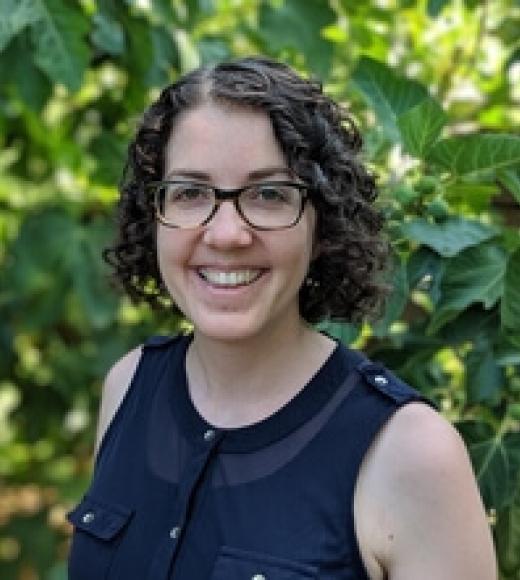
Position Title
Assistant Professor
- Plant Pathology
The Lowe-Power lab studies symbiotic interactions between host plants and plant pathogens. We use the Ralstonia-plant model as a reductionist microbiome system to investigate molecular microbial ecology, host specificity, and host physiology.
Microbial ecology: The Ralstonia life cycle involves chemotaxis to host root exudates, colonization of the rhizosphere, invasion of the root xylem, systemic colonization of the xylem (leading to wilt disease), and return to the soil to persist and find new hosts. At each stage, Ralstonia must resist, evade, and/or suppress external stresses imposed by the abiotic environment, competing microbes, and plant immunity. We use functional genomic and genetic approaches, such as random barcoded transposon insertion site mutagenesis (RB-TnSeq), to identify core and clade-specific adaptations to specific stages in the Ralstonia life cycle. We are taking a pan-genomic approach with RB-TnSeq libraries in Ralstonia strain representatives from the 3 pathogenic species: R. solanacearum, R. pseudosolanacearum, and R. syzygii.
Host specificity: Ralstonia individually have broad host range (over 20 plant families for certain clades) and collectively infect over 250 diverse plant hosts. We are screening for host specificity in several clades through comparative and functional genomics studies on related strains that have contrasting host range phenotypes.
Host physiology: Ralstonia wilt profoundly alters host physiology by disrupting xylem function. Using metabolomics, X-ray microCT, and rheometry, we are studying chemical and biophysical changes to xylem. With these approaches, we are defining the mechanism of xylem dysfunction during Ralstonia wilt and characterizing the chemical and biophysical environment that Ralstonia exploits.